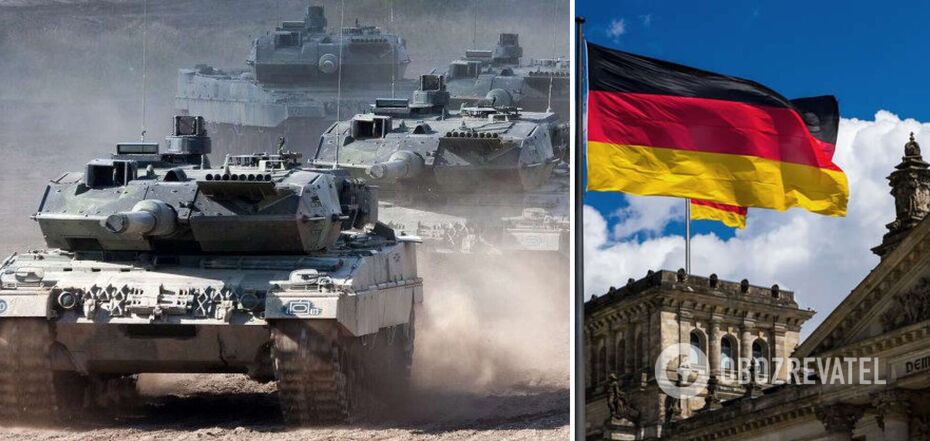World
A sense of imminent war: Germany and NATO are threatened by lagging behind Russia in weapons production
The main "peace dividend" for Europe is the feeling of inevitable war – Der Spiegel on Germany's rearmament experience.
The study by the Kiel Institute for the World Economy is important for the Ukrainian audience, especially for understanding how slowly the economy of one of the most progressive EU countries is crawling out of the Merkelian darkness. It was under her watch that the term "peace dividend" was coined, referring to savings on defense. The days of sweet cuddles with the Kremlin dictator are over, and German Defense Minister Boris Pistorius warns that Mordor could attack NATO in the next 5-8 years. And Germany will have nothing to fight with.
Germany and NATO are in danger of falling further and further behind Russia militarily, and Western partners are making very slow progress in the field of weapons needed for deterrence.
At the current rate of procurement, it will take Germany almost 100 years to build up its weapons capabilities to the level of 2004: after the end of the Cold War, Germany's weapons stockpile sharply declined.
At the current production rate, the number of battle tanks will only be increased by 2066, fighter jets by 2038, and artillery howitzers, which are in great demand in Ukraine, by 2121.
Germany takes years to do what Russia manages to do in a short time. "The production capacity of Russia is now so large that it can produce the entire stock of the Bundeswehr in a little over 6 months.
Russia can fire 10,000 missiles and shells a day at Ukraine, partly thanks to the support of North Korea. At this rate of fire, Germany's entire annual production will be used up in 70 days at most.
Since the beginning of the war, Russia has also made significant progress in creating modern weapons systems: the capacity of drones has increased more than 6 times. "In the event of a ceasefire in Ukraine, Russian military stockpiles will grow at an unprecedented rate," the researchers warn.
Kiel scientists criticize the excessive influence of the state on the production of military weapons. It is impossible to maintain twelve different tanks in 27 EU member states with the hope that each country will maintain its own tank-building potential. Manufacturers must increase their capacity.
The new arms race will consume a lot of money. "Europe needs a permanent, significant, and immediate increase in Germany's regular defense spending to at least 2% of gross domestic product," the ISW believes. This is at least €100 billion a year.
The conclusion of the researchers is one: Europe and the world are not going to see peaceful times in the near future. The spiral of rearmament gives rise to this depressing but realistic realization.
The German government is now sitting on a thin branch of bad expectations. Therefore (quite rightly), when we demand more aid to Ukraine, we must understand their general mood.



























